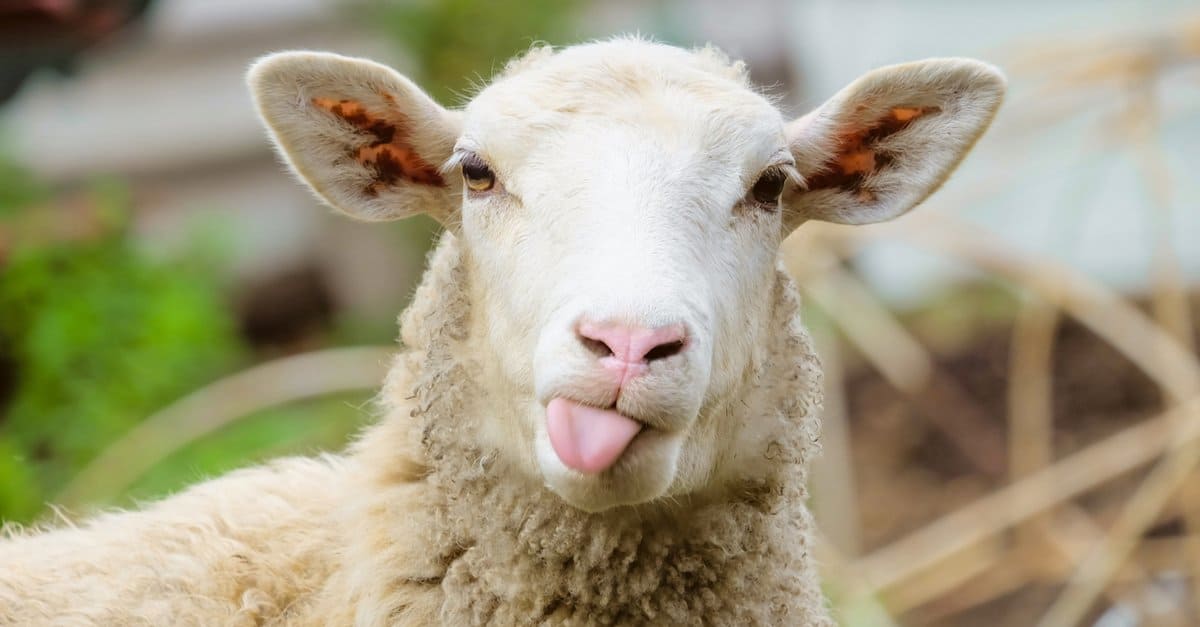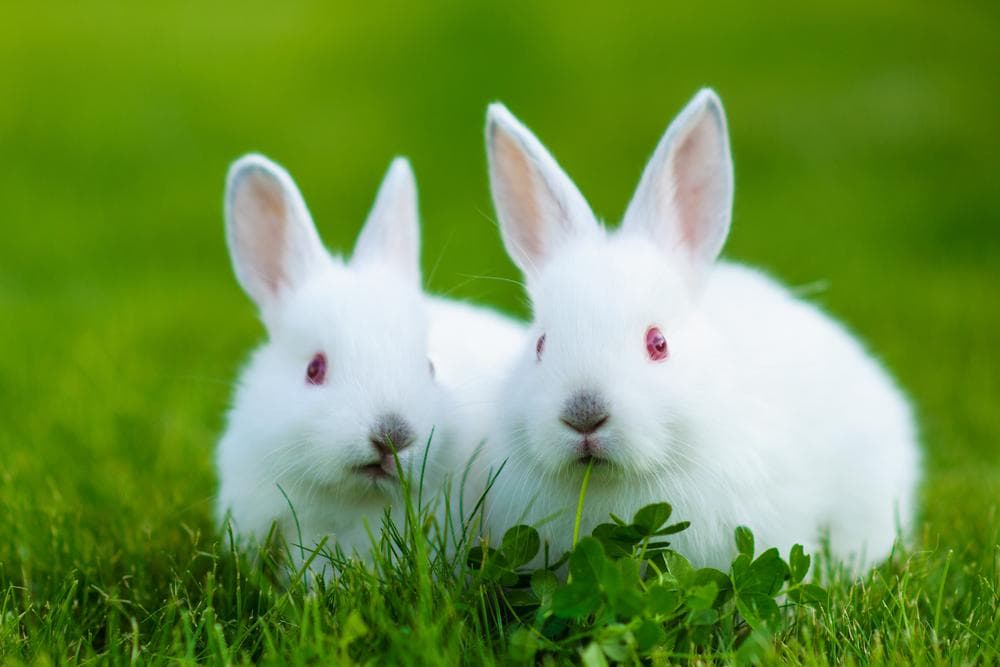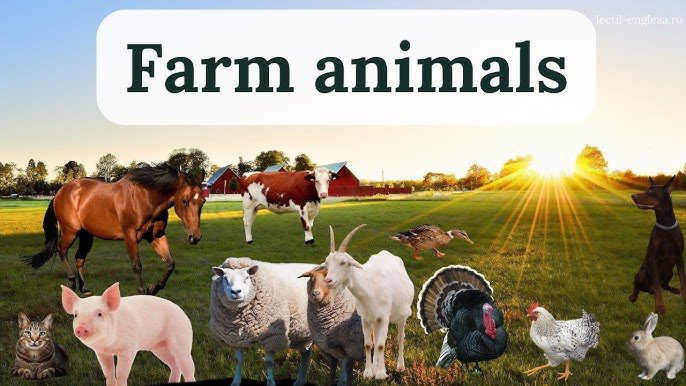Top 10 Best Farm Animals

Introduction
Farm animals have played a vital role in human civilization for thousands of years. From providing food and clothing to supporting labor and transportation, these farm animals have been essential partners in the development of agriculture and rural life. In modern farming, choosing the right animals can greatly impact productivity, sustainability, and overall farm success. Whether you’re running a large commercial operation or a small backyard homestead, selecting animals that suit your land, climate, and goals is key.
Some animals are known for their meat, milk, or egg production, while others offer benefits like pest control, wool, or even pollination. In this article, we’ll explore the top 10 best farm animals, each offering unique advantages to farmers and homesteaders alike. From the ever-popular chicken to the industrious bee, these farm animals can help build a more self-sufficient, profitable, and balanced farm system.
Chickens
Chickens are one of the most common and beginner-friendly farm farm animals. They require relatively little space and are inexpensive to feed and maintain. Chickens provide a steady supply of fresh eggs and meat, making them a valuable addition to any farm. They also help control pests by eating insects and can even contribute to compost through their manure. Their versatility and ease of care make them an excellent choice for both small and large-scale farms.
Cows
Cows are a cornerstone of traditional farming, valued for their milk, meat, and even labor in some rural areas. Dairy cows produce milk that can be processed into cheese, butter, and yogurt, while beef cattle offer a significant source of meat. Cow manure is also an excellent natural fertilizer. While they require more land and feed than smaller animals, cows are incredibly rewarding for farms that have the resources to support them.
Goats
Goats are hardy, adaptable farm animals that thrive in a variety of climates and terrains. They are excellent for producing milk, meat, and even fiber from certain breeds like Angoras. Goat milk is highly nutritious and can be used for making cheese and soap. They are also natural browsers, helping control weeds and brush on the farm. Because they require less space and feed than cows, goats are ideal for small farms or homesteads.
Pigs
Pigs are highly efficient meat producers, known for their rapid growth and ability to convert feed into muscle. They’re intelligent farm animals that can be raised in both pasture-based and more controlled environments. Pork is a popular and versatile protein, making pigs a profitable choice for many farmers. Additionally, pigs can help reduce food waste by eating kitchen scraps, making them a sustainable option. Proper management is essential to ensure cleanliness and good health.

Sheep
Sheep are versatile farm animals raised for their wool, meat (lamb or mutton), and milk in some regions. They graze efficiently on pasture and can thrive in a range of environments, from hillsides to flat farmland. Wool-producing breeds offer the added benefit of annual shearing, which can be sold or used on the farm. Sheep are relatively low-maintenance and gentle, making them a good choice for farmers looking to diversify their livestock with multiple products.
Ducks
Ducks are productive, easy-to-raise birds that offer both eggs and meat. They are excellent foragers and natural pest controllers, often eating insects, slugs, and weeds. Ducks are more tolerant of wet conditions than chickens and can thrive in backyard or pond-based systems. Many duck breeds lay large, nutrient-rich eggs, and their manure is a great addition to compost. Their calm nature and resilience to disease make them a great option for small farms and gardens.
Horses
Horses have long been valued on farms for transportation, field work, and companionship. While modern machinery has replaced them on many large farms, horses are still essential in traditional and sustainable farming systems. They can help plow fields, haul loads, and navigate terrain where vehicles can’t go. Horses also contribute to equine-related agritourism and recreational riding, adding income potential. Though they require more care and space, their strength and versatility make them a treasured asset.
Turkeys
Turkeys are a great addition to any farm, especially for meat production. They grow larger than chickens and ducks, providing a substantial food yield. Turkeys are particularly popular during holiday seasons, offering strong seasonal market opportunities. They can be raised on pasture, where they help control insects and forage naturally. While they require attentive care in their early weeks, adult turkeys are hardy and sociable, making them a rewarding bird for small-scale or diversified farms.

Rabbits
Rabbits are quiet, clean, and efficient farm animals that require minimal space, making them perfect for small farms or urban homesteads. They reproduce quickly and provide a lean, healthy source of meat. Their manure is also excellent for gardening, as it can be used directly without composting. Rabbits are easy to handle and feed, thriving on hay, pellets, and kitchen scraps. With proper care, they offer a steady supply of meat and valuable fertilizer year-round.
Bees
Bees are vital to farm ecosystems, offering much more than just honey. As pollinators, they play a crucial role in the health and productivity of crops, orchards, and gardens. A single hive can pollinate acres of plants while producing honey, beeswax, and even propolis. Beekeeping requires minimal space and can complement nearly any farm setup. With declining bee populations worldwide, keeping bees also supports broader environmental sustainability and biodiversity.
Conclusion
Choosing the right farm animals can significantly impact the success, sustainability, and enjoyment of your farming experience. Each farm animalsl on this list brings unique benefits—whether it’s fresh eggs from chickens, rich milk from goats, pollination from bees, or lean meat from rabbits. The best animals for your farm will depend on your goals, space, climate, and available resources. By understanding the strengths of each species, you can build a well-rounded, productive, and environmentally friendly farm. Whether you’re starting a small homestead or expanding an existing operation, these top 10 farm farm animals can help you create a thriving and diverse agricultural system.
You Can Also Read: Top 10 Places Buy Pets
FAQS
What is the most useful farm animal?
Key Takeaways. The best farm animals to raise for a profit are chickens, cows, goats, rabbits, bees, and pigs. Chickens are often considered the most profitable and easiest farm animals to raise for a profit.
What farm animal has the most profit?
Aside from producing eggs, chickens are also famous for their meat. Americans consume around 8 billion chickens annually, potentially making them one of the most profitable livestock for small farms.
What is the cleanest farm animals?
In fact, pigs are some of the cleanest farm animals around, refusing to excrete anywhere near their living or eating areas when given a choice.
Who is the richest animal farmer in the world?
Qin Yinglin (Chinese: 秦英林; pinyin: Qín Yīnglín, born 1965) is a Chinese agriculture tycoon, billionaire, Communist Party member, and the world’s richest farmer. He is the Chair and president of the pig farming company Muyuan Foodstuff and is one of the richest people in China. According to Bloomberg Billionaires Index, ..
What is the highest paid animal in the world?
The world’s richest pet, a German shepherd known as Gunther VI, is owned by the Gunther Corporation who also manage the dog’s estate and fortune and through real estate investments have rocketed Gunther’s grandfather’s inherited fortune from a mere $80 million in 1992 to the $500 million reported today.

[…] You Can Also Read: Top 10 Best Farm Animals […]
[…] You Can Also Read: Top 10 Best Farm Animals […]